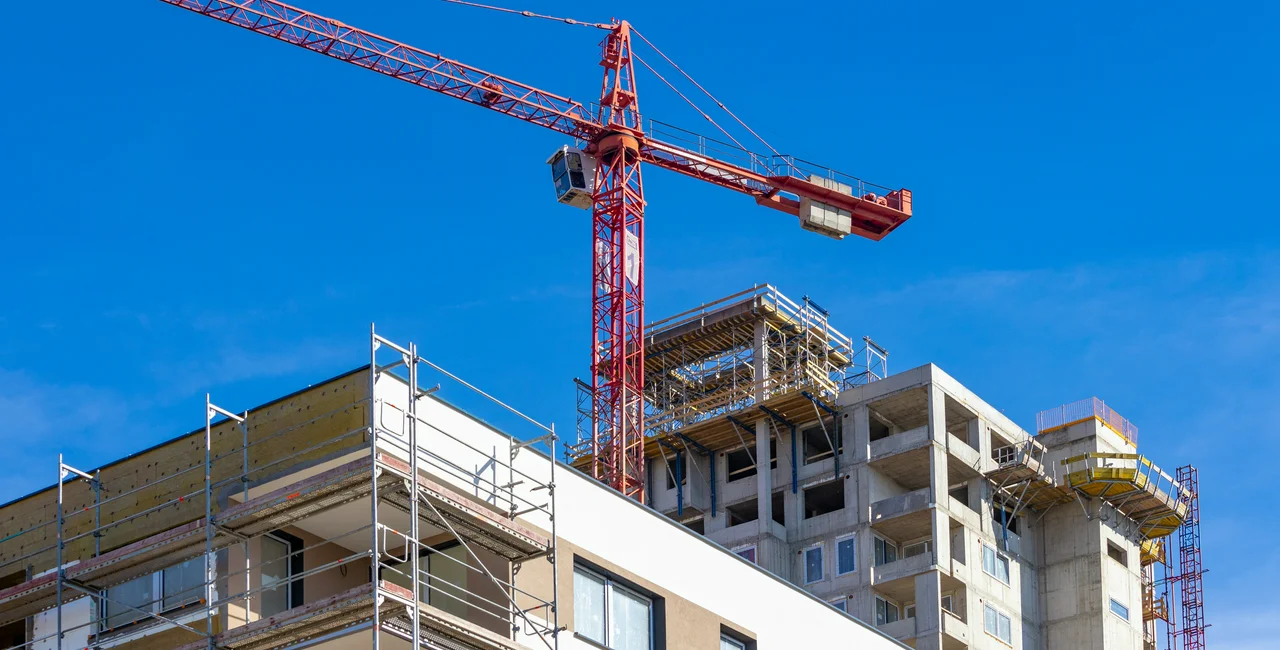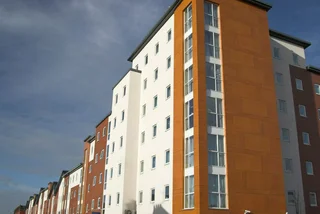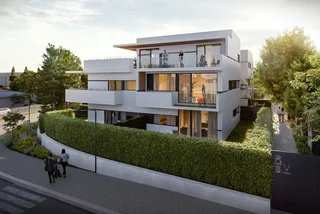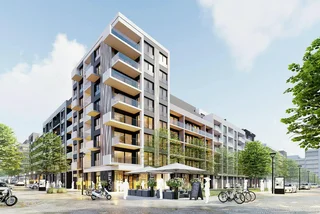The Czech real estate market should experience a revival in the second half of next year, driven primarily by reductions in interest rates, according to experts contacted by Czech News Agency. Projections suggest a year-on-year increase in property investments of up to 15%, with retail and residential sectors expected to thrive, while industrial and office spaces might experience a decline in interest.
Jan Janáček, head of retail sector leasing at CBRE, notes the resilience of the Czech retail market, acting as a gateway for international brands in Central Europe. However, concerns arise over operational costs, inflation, and renter income.
"Given that costs are expected to continue to rise for the second year, we expect that there will be an intensification of negotiations between property owners and tenants regarding the amount of rents, especially those from segments with lower profitability," Janáček tells Czech News Agency.
Erik Müller, head of residential advisory services at Cushman & Wakefield, believes that a slowdown in inflation in 2024 could reverse the trend of weak residential construction, impacted by rising construction costs. Although investments in new homes decreased in 2023, constituting a quarter of European investment volumes, experts anticipate an upturn.
Tomáš Jelínek, Director of Century 21, expects inflation to impact rents in the first half of the year, with a significant reduction in interest rates and a simultaneous increase in real incomes anticipated by mid-year, thanks to government and central bank measures.
"Thanks to all the measures taken by the government and the Czech National Bank, we expect that in the middle of the year there will be a sharper reduction in interest rates, while at the same time the real incomes of the population will suddenly increase," Jelínek notes.
While 1.4 million square meters of new industrial spaces are under construction, expected to hit the market next year, short-term increased vacancy rates are projected. Despite a slight decline in demand due to economic cooling, locations near Prague, Brno, Pilsen, and Ostrava remain popular among developers and investors.
The office space sector faces a continued slowdown, with no new projects initiated in Prague since the third quarter of 2022. Approximately 80,000 square meters of new offices are slated for completion in 2024, with an additional 28,000 square meters in 2025. Developers remain cautious due to high construction costs, waiting for strong tenant interest or pre-lease agreements before commencing construction.
These dynamics reflect a complex interplay of economic factors shaping the Czech real estate landscape, with the market poised for changes in the coming year.












 Reading time: 2 minutes
Reading time: 2 minutes 



























